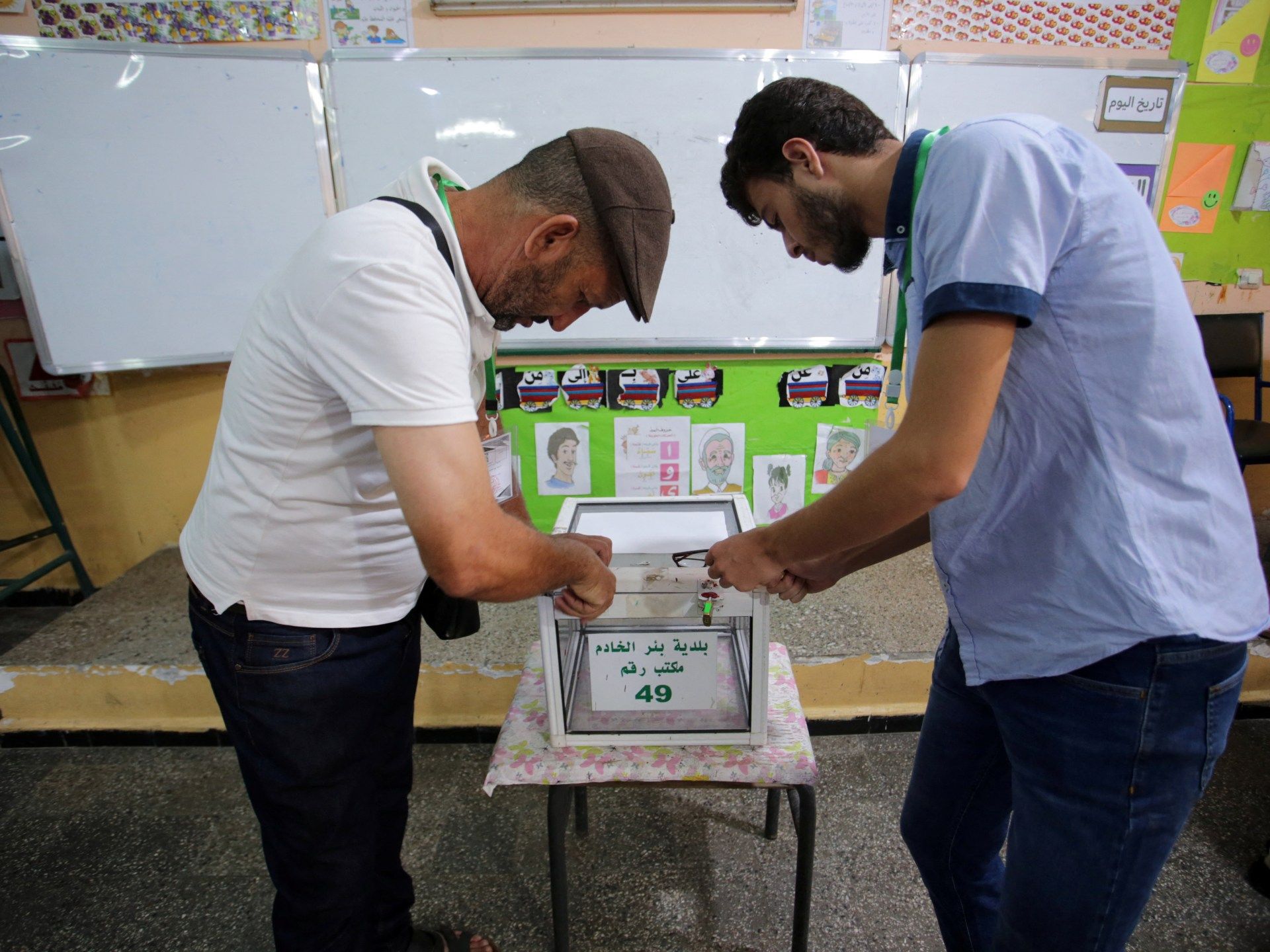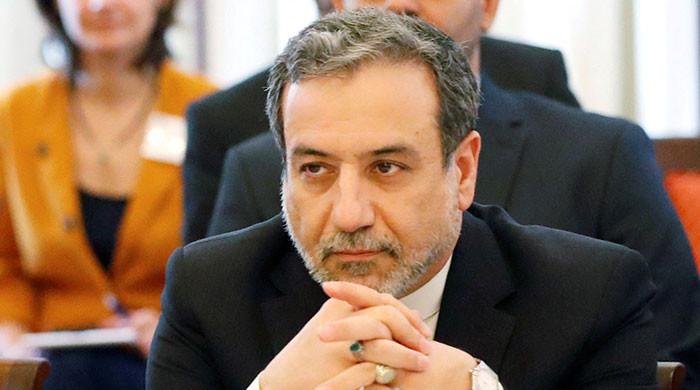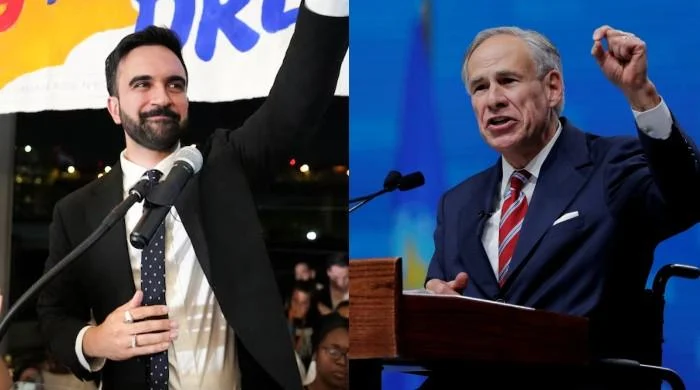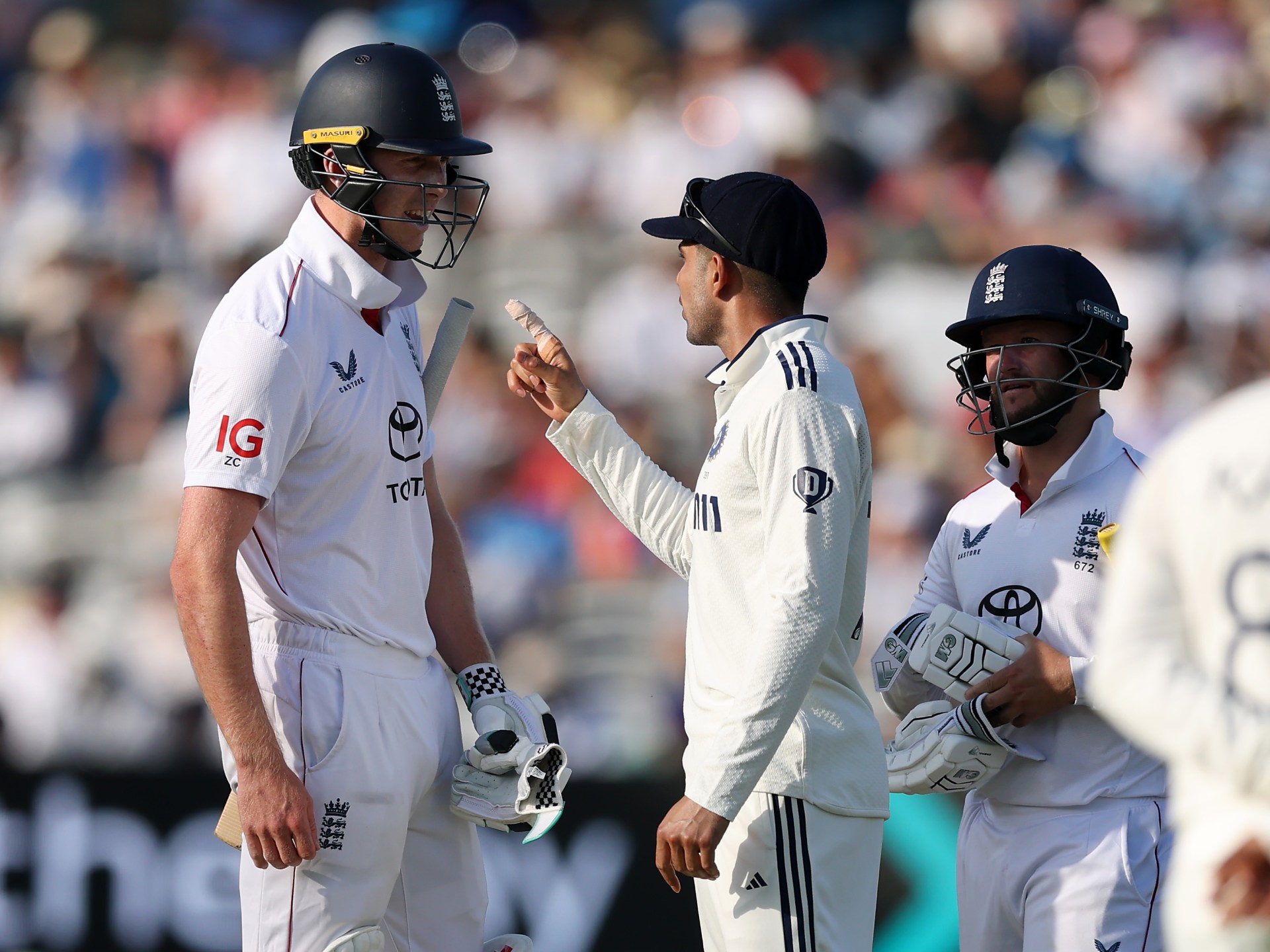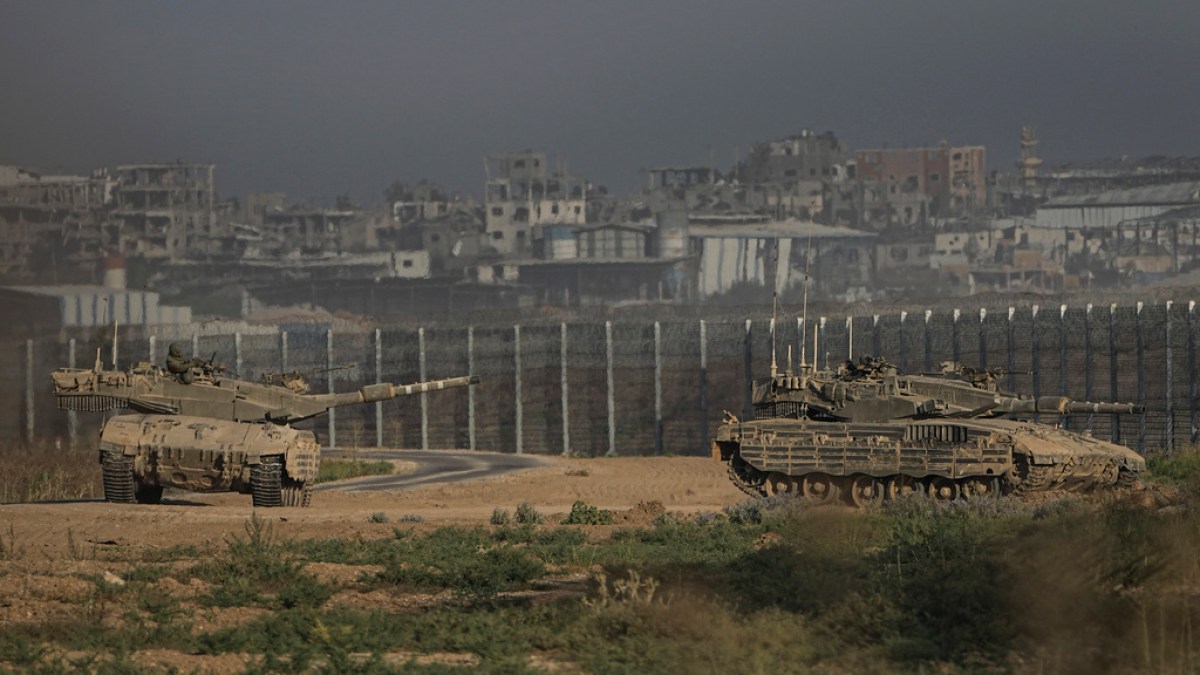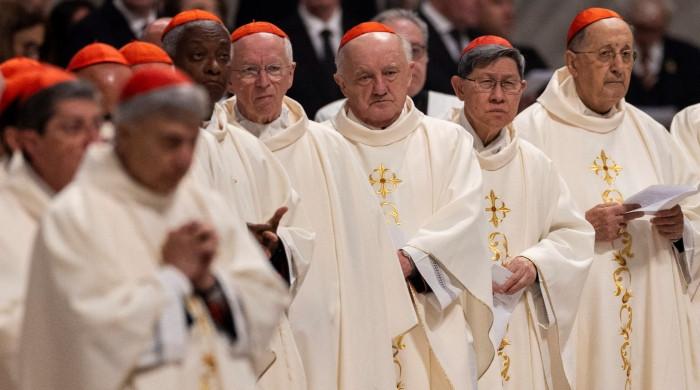No major changes are expected and President Abdelmadjid Tebboune is expected to win despite concerns about low turnout.
Algerians are voting in a presidential election in which incumbent President Abdelmadjid Tebboune is expected to easily win a second term.
Polling stations opened at 8 a.m. (0700 GMT) on Saturday in the North African country, which has more than 24 million registered voters. More than 800,000 Algerians abroad, many of them in France, began voting on September 2.
Tebboune, 78, whose government is accused of using new laws to suppress dissent, is the heavy favourite to defeat his two rivals: Abdelaali Hassani Cherif, 57, and Youcef Aouchiche, 41.
Fifteen candidates tried to run, but only Hassani Cherif and Aouchiche managed to secure enough signatures to qualify. Neither of them seriously opposes the military establishment, widely seen as having ruled the roost since the 1960s.
Campaign events for the election, which Tebboune's office brought forward from their original planned date in December, have struggled to generate enthusiasm, in part because of the summer heat.
Political commentator Mohamed Hennad said the election result is a foregone conclusion due to the restrictive conditions of the campaign.
“It’s nothing but a farce,” he wrote in a post on X.
Observing participation
Tebboune's main challenge is to increase turnout, which was less than 40 percent when he won his first term in 2019.
Turnout was even lower in the country's 2021 legislative elections, at around 30 percent.
“The president wants a significant turnout,” said Hasni Abidi, an analyst at the Geneva-based think tank CERMAM. “That is his main objective,” he told AFP.
The low turnout figures in 2019 and 2021 came amid the Hirak pro-democracy protests that ousted Tebboune's predecessor, Abdelaziz Bouteflika, before being suppressed with stepped-up policing and the jailing of hundreds of people.
What are the problems?
Young people make up more than half of Algeria's 45 million people and all candidates are seeking to attract their votes with promises of improving living standards and reducing dependence on hydrocarbons.
Tebboune has touted the economic successes of his first term, including more jobs and higher wages in the country, Africa's largest natural gas exporter.
With a second term, Tebboune is expected to pursue policies aimed at strengthening the country's energy exports and enacting limited pro-business reforms, while maintaining generous subsidies and keeping a tight rein on domestic dissent.
“Investors used to have no confidence in investing in Algeria, but that is starting to change as our laws are being amended and our image is changing,” economist Boubaker Sellami told Al Jazeera.
Both of Tebboune's rivals have promised to grant Algerians more freedoms.
Aouchiche says he is committed to “releasing prisoners of conscience through amnesty and reviewing unjust laws,” including those relating to the media and terrorism.
Hassani Cherif has called for “freedoms that have been reduced to nothing in recent years.”
Preliminary results could be made public on Saturday evening, with the electoral authority, ANIE, announcing official results no later than Sunday.

